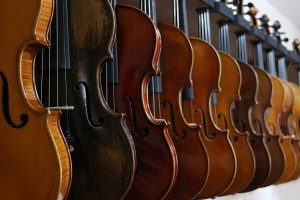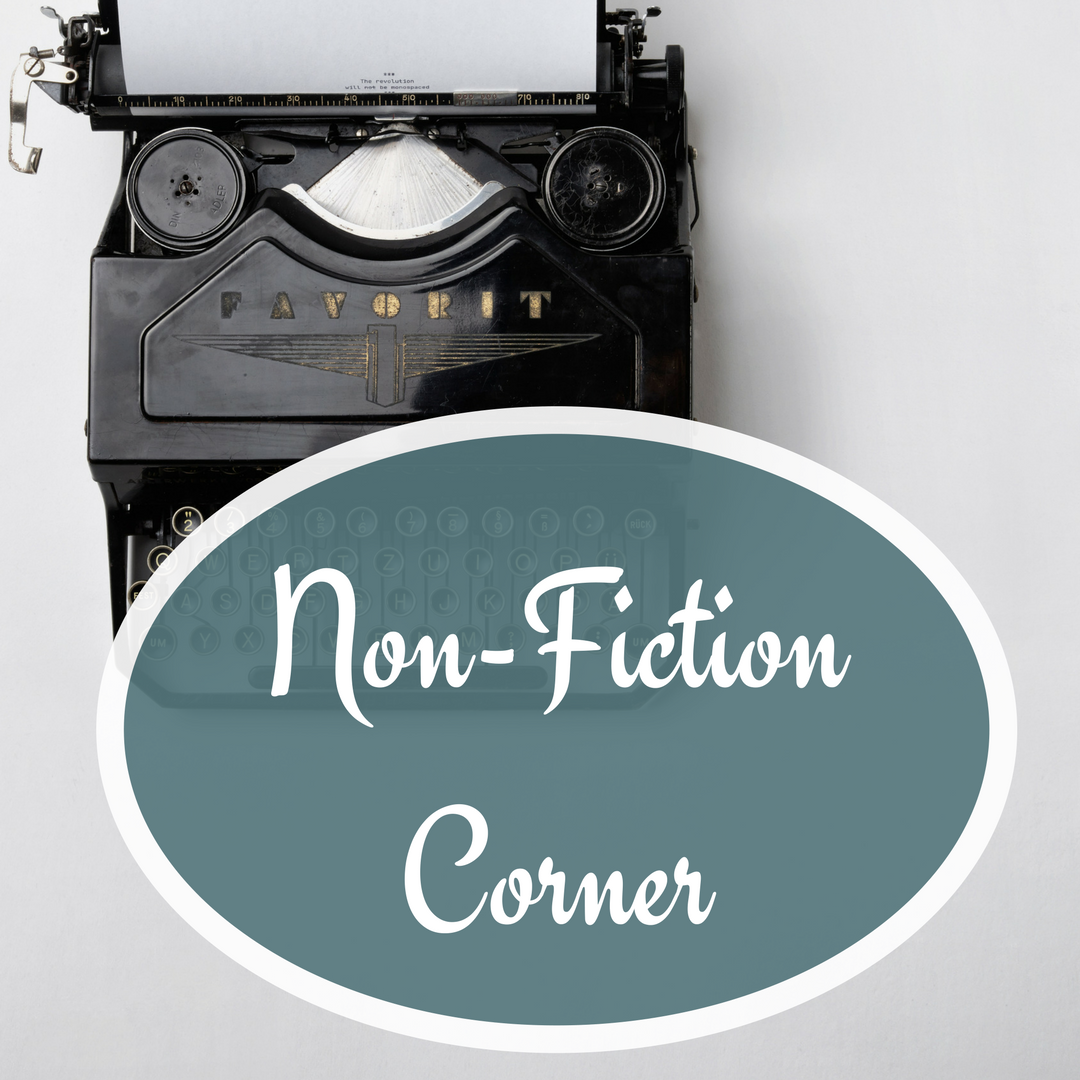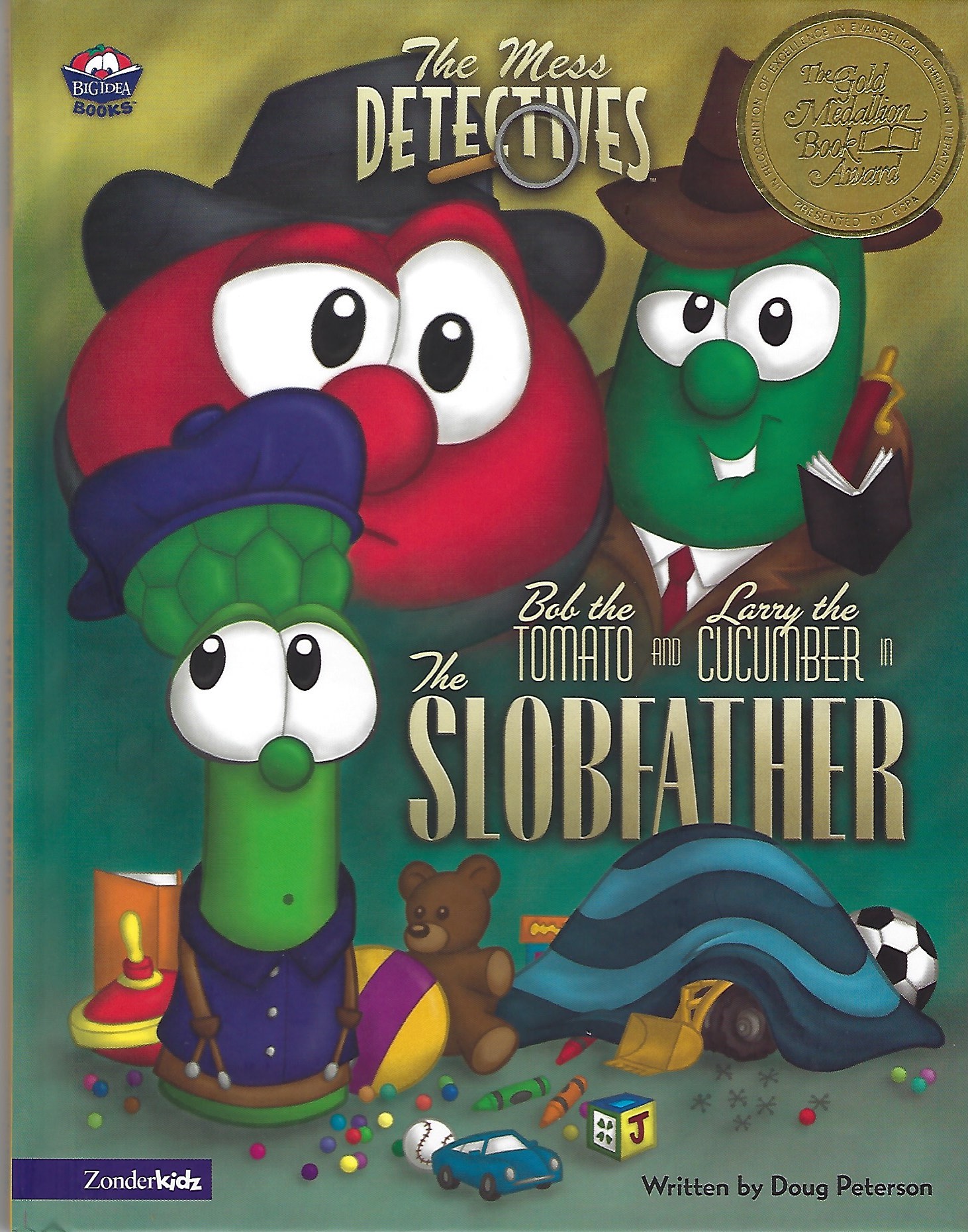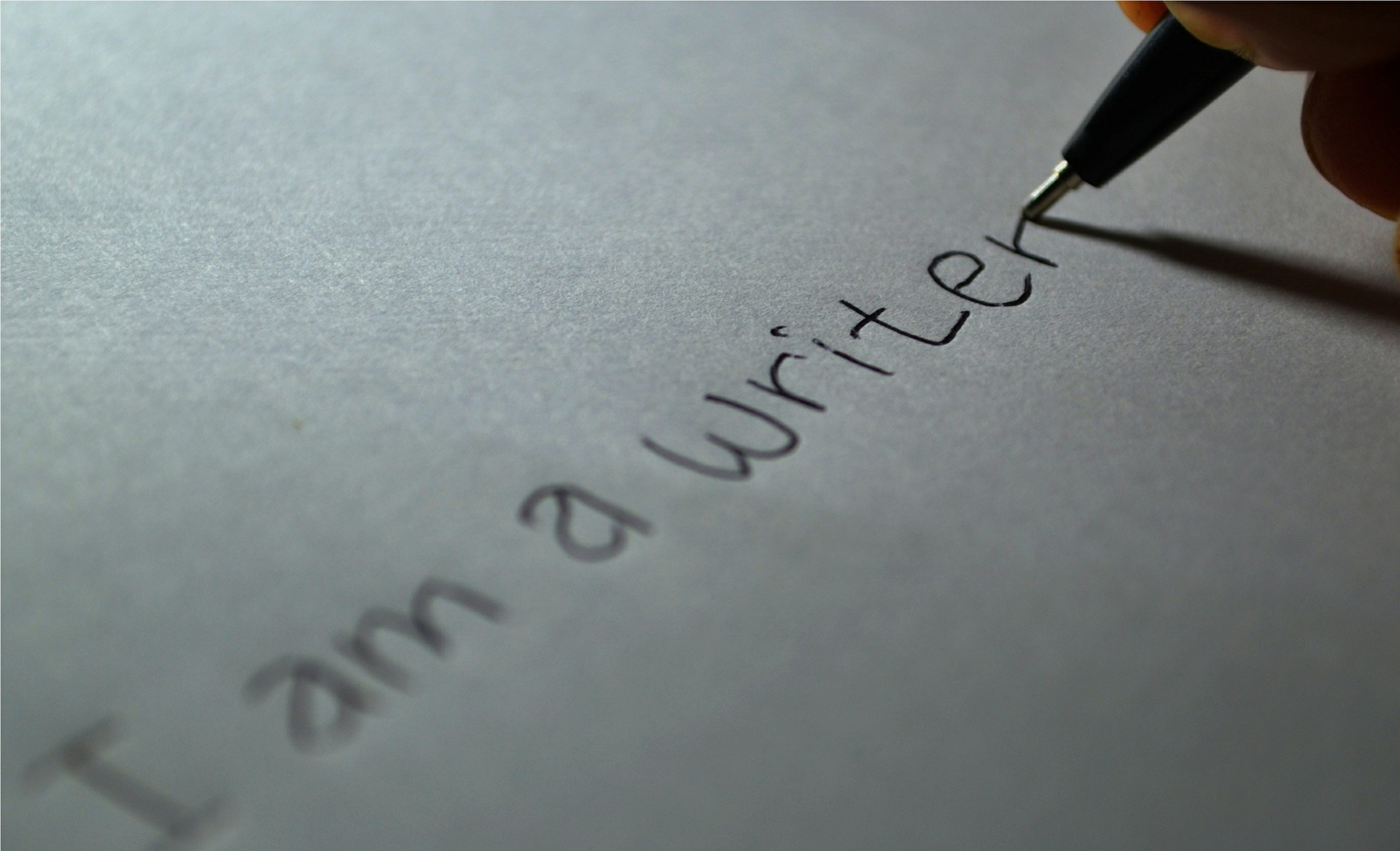“Where words fail, music speaks,” said Hans Christian Andersen, writer of such legendary stories as The Little Mermaid (not the Disney version) and The Snow Queen (the inspiration for Disney’s Frozen).
I make a living with words, and so did Hans Christian Andersen, but I know exactly what he meant when he said that music can do what words cannot. Sometimes, just the snippet of a song can bring up a well of emotions and memories that all the words in the world cannot. If you have ever watched a scene from a movie, presented with and without the music, you can see the difference that a good soundtrack makes, and you get a greater appreciation for just how important music can be in storytelling.
But we’re talking about writing books, not watching a movie! Until e-books come equipped with musical soundtracks, what in the world does music have to do with fiction?
Music may not play a role in the experience of reading fiction, but I have found that it does play a part in writing fiction. When I write a novel, I find it helpful to select musical themes that connect me with certain characters or put me in touch with certain scenes. For example, I have been working on a new historical novel, based on a true story that took place during the second year of the Civil War, and I stumbled across a song that fit the mood of my two main characters—a husband and wife. I call the song “André and Felicie’s Theme,” although it is actually called “Beethoven’s Secrets,” and it’s performed here by the Piano Guys. Check it out:
Video: “BEETHOVEN’S SECRETS,” by the Piano Guys
When I was writing this new novel, I would often listen to “Beethoven’s Secrets” before I sat down to work on scenes with André and Felicie. The music would put me in the right frame of mind, or rather “the right frame of heart,” because it would bring up the emotions that I needed to write.
As another example, take my second novel, The Puzzle People, which follows the fate of two couples who were split apart when the Berlin Wall went up in 1961. One of the characters, Elsa, is a tortured soul, and the Evanescence song, “My Immortal,” fits her story nicely. The lyrics, as well as the music, captured the feeling of the losses in Elsa’s life.
Here is a video that displays those lyrics while “My Immortal” plays:
Video: “MY IMMORTAL,” by Evanescence
Sometimes, when I find an inspiring song, I don’t always use it to connect with a specific character or scene. In some cases, a song captures the mood of the entire novel. Again, let me use an example from my Berlin Wall novel, The Puzzle People. While writing that novel, I often began my work day by listening to a song from the Scorpions, “Wind of Change”—a song that celebrated the fall of the Berlin Wall and went on to become one of the top-selling singles worldwide of all time.
This video begins with a long musical introduction, accompanied by sobering statistics about the Berlin Wall. Then, about 1 minute and 50 seconds into the song, the lyrics begin and so do some of the most iconic images dealing with the rise and fall of the Wall. So here is the “Wind of Change” video, and I recommend you stick with it until the images and lyrics begin at 1:50 into the song.
Video: “WIND OF CHANGE,” by the Scorpions
When we write, we all want to draw certain emotions out of our readers, and to do that we first need to draw out these emotions in ourselves. And what better way to do this than through music? Your reader will not hear these songs when they read your story, but perhaps some of the emotion from the music will make its way onto your page and into your characters’ lives and stories.
As Hans Christian Andersen said, “Where words fail, music speaks.” But sometimes the right music can inspire you to put the right words on the page—words that don’t fail.
* * *
5 for Writing
- Get writing. Find the time to write. Then do it.
- Learn by listening—and doing. Solicit feedback, discern what helps you.
- Finish your story. Edit and rewrite, but don’t tinker forever. Reach the finish line.
- Thrive on rejection. Get your story out there. Be fearless. Accept rejection.
- Become a juggler. After one story is finished, be ready to start another. Consider writing two at once.
Photo credit: Gavin Whitner








1 Comment
Speaking of music and writing, a fun exercise is to listen to a piece of music and write the story you hear. Obviously this works best with a soundtrack you are not familiar with. Some other music works well too. For example, Michael W Smith’s Instrumental album Freedom sounds like a soundtrack to me.